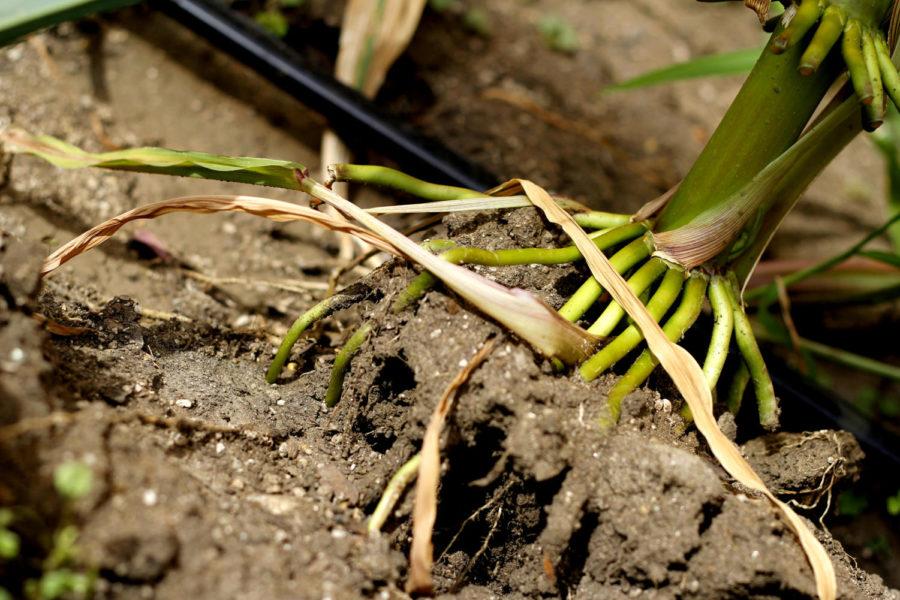Report: Plant microbes might help agriculture produce higher yields
September 11, 2013
In December 2012, Gwyn Beattie, professor of plant pathology and microbiology, along with 26 other participants from colleges around the nation convened to report how plant microbes could produce more yields for the agricultural community.
The question posed, Beattie said, was: To what extent can microbes help agricultural productivity?
Beattie said that the report’s main message described that microbes actually do a lot for the plants.
“We know there is bacteria and fungi that are associated with plants that provide nutrients,” Beattie said.
The aspect of plant microbes helping agriculture has not been fully appreciated yet, Beattie said.
“For example, when you’re developing new corn lines you develop them in a field where you provide them high levels of fertilizer,” Beattie said. “That high level of fertilizer prevents the microbial benefit that the microbes might be providing if the fertilizer wasn’t there.”
When plants are given the right opportunity under breeding conditions, it is possible to get the microbes to work for the plant, Beattie said.
Specifically, the research Beattie is working with consists of resolving the significant losses of phosphorous in fertilizers.
“There are fungi in 80 percent of plants, and they effect the roots,” Beattie said. “They establish a symbiosis with the root system and extend into the root system, so they become essentially part of the roots, and they funnel phosphorous into the plant.”
Beattie said she is trying enhance the use of the fungi as opposed to mining phosphorous and applying it in fertilizers.
“We are at the early stages, and I think there will be many breakthroughs,” Beattie said.
Jeffrey Williams, junior in microbiology, is helping Beattie with her research on looking at plants that are selecting a community that helps them tolerate drought.
“We expected to see an improvement on plant fitness,” Williams said about the results of his research. “We wanted them to get bigger, we wanted the stems to get thicker, we wanted the leaves to be more vibrant, which is exciting because it is what we saw.”
Beattie and Williams are trying to characterize communities that help plants tolerate drought and do it in an unbiased way.
Beattie is not the only professor at Iowa State doing research on how to use microbes to benefit agriculture.
Larry Halverson, associate professor of plant pathology and microbiology, is doing his own research on how to optimize nitrogen efficient cropping systems. He said there are various ways of doing that.
“One can be through different cropping systems, types of fertilizing corn, soybean rotations or diversified cropping systems where you include alfalfa, manures and different types of inputs,” Halverson said.
Halverson said he believes if research were to prove successful, yields would be maintained at their current level if the bacteria in the soil were creating more nitrogen, it would be able to reduce the amount of fertilizer needed.
It is possible that with the right type of research, yields could increase by 20 percent while reducing the use of fertilizers and pesticides by 20 percent in 20 years.

















